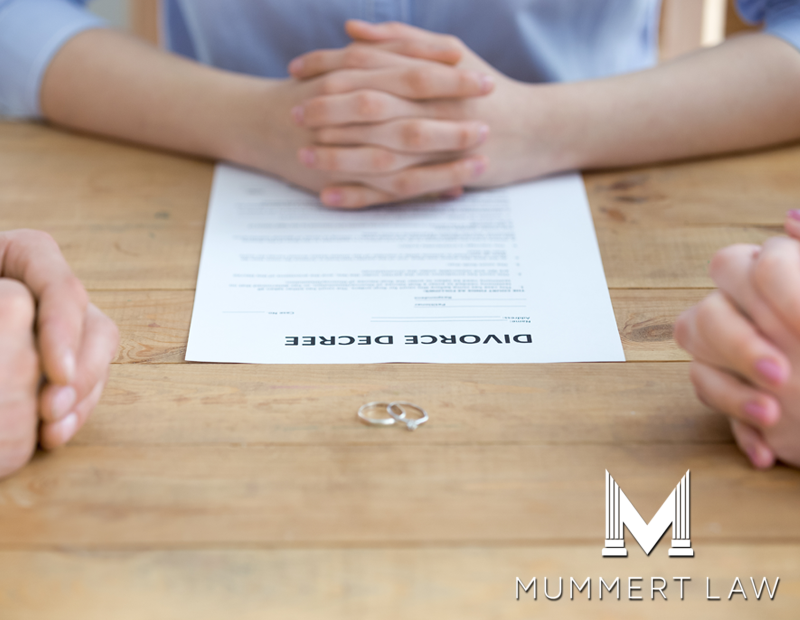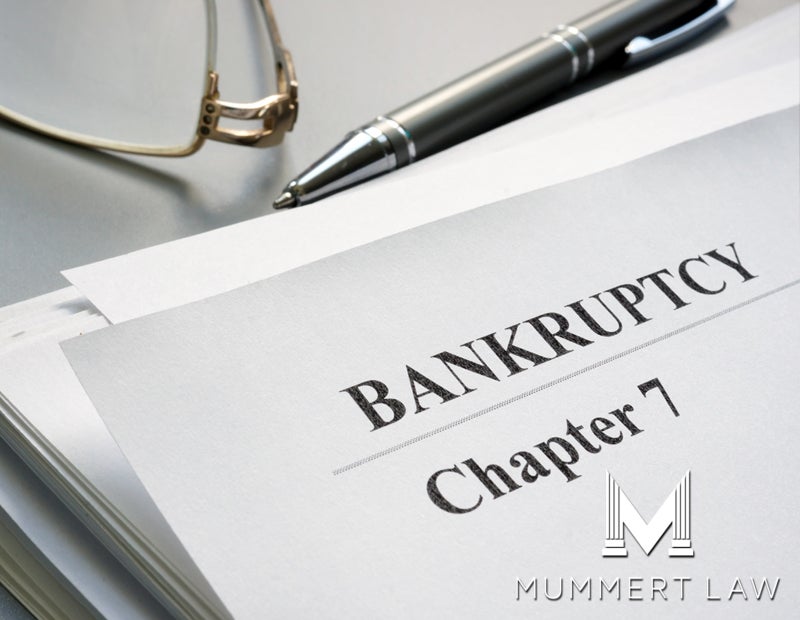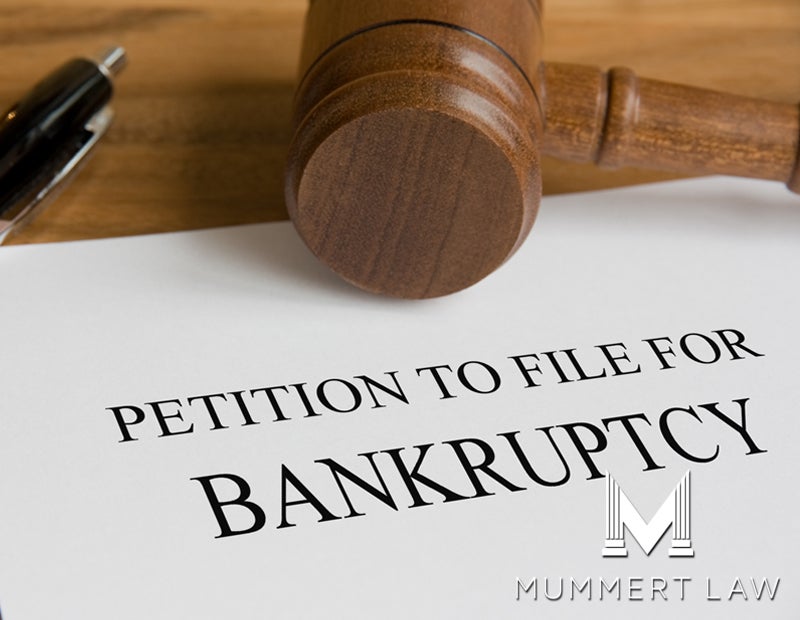-
Five Reasons to Settle Your Divorce Through Mediation

Getting divorced is never a pleasant situation. We’ve all heard horror stories about the fights and unexpected outcomes. As a lawyer, I’ve seen my share of ugly divorces. The battles don’t surprise me anymore. Couples can fight over the kids, or the Kitchen Aid mixer, and all with the same passion. I’m a proponent of using the dignified approach of mediation to dissolve a marriage. Here are some great reasons to use a mediator to guide you through the decisions involved in an amicable divorce.
Save Money by Using Mediation
In a traditional divorce, driven by lawyers who have been hired by each party, the fees can be sky-high. In most cases, each party pays their own lawyer, and the price tag may be shocking. As the two lawyers each argue and negotiate back and forth on behalf of their individual clients, the costs continue to climb. Did you know the cost of a traditional divorce can reach five, or even six figures before it’s complete? Everybody saves money by working through mediation.
Mediation Saves Valuable Time
Over and above time requirements set by the state, traditional divorce cases are lengthy. In Maryland, it can take eighteen to twenty-four months, or longer. Separating through mediation is considerably faster, and it’s possible for eligible participants to be divorced in around sixty days. Taking more time doesn’t usually shed light on anything new. It just drags the proceedings out and prolongs the healing process when you’re ready to get on with your life.
Mutual Agreement Through Divorce Mediation
During mediation, both parties can review each other’s documents, and negotiate an informed settlement with the help of the mediator. Documentation for financial information can be requested by the individuals themselves, instead of having to pay a lawyer to request them. The beauty of this arrangement is people are more likely to have confidence in the documents submitted, since they are done so voluntarily. Since both parties have a voice in the solution, enforcement issues are less likely to come up later.
Be Kinder to Your Children… Choose Mediation
Divorce is especially hard on children. As stressful as it may be for adults, kids often feel emotions they can’t put into words. Mediation is a great way to work together to bring about the best outcome, especially for your children. Co-parenting is an essential part of being a divorced parent. Going through the mediation process creates the best chance for the two parents to work together in the future.
Control the Outcome of Your Divorce Through Mediation
When a divorce winds up in court, there’s no way to know what the outcome is going to be. It makes life difficult when it comes to planning for the future. A lawyer driven divorce can turn lives upside down without warning. A mediated divorce brings an agreed-upon outcome, so the transition to becoming a divorced family is much more peaceful. It’s also interesting to note the court is likely to order mediation anyway, even if you’ve already paid hefty legal fees.
Who Can Be a Divorce Mediator?
Technically, anyone can be a mediator. To be a court appointed family mediator, he/she must be qualified through eighty hours of initial training, and an additional four hours a year of continuing educational training. Court appointed mediators are usually lawyers or mental health professionals. But lawyers who specialize in mediation bring added value to the table. Because they have experience in family law and have had a chance to interact with and observe a judge’s decisions in divorce cases, they have a better understanding of the process and risk of going to court.
Interested in Learning More About Mediation?
I am qualified through training, education, and conducting countless mediations in family law cases. I serve as a court-appointed mediator in family law. My education and training in high-conflict cases and working as a parent coordinator allows me to look at things from a better perspective. It’s rewarding when I help people refocus negative energy. Instead, I help them gain an appreciation for doing what is best for the family. I handle high conflict cases on a regular basis. I take great pride in working with people to reach an agreement both parties can agree to comply with. I enjoy helping families be as stress-free as possible when going through divorce.
-
Understanding Your Bankruptcy | The Reaffirmation Option

The process of bankruptcy includes altering or breaking the agreement you made with your creditors in the first place. Sometimes it’s necessary to do this to keep your financial footing. How does it affect your secured debt? Secured debt is the money you borrowed to buy property… ranging from your car to your furniture, even your jewelry. Let’s take a look at the reaffirmation option and how it affects your ability to keep your purchases within your bankruptcy.
Reaffirmation – Keep Your Property
In a Chapter 7 bankruptcy filing, to reaffirm your debt basically means that you agree that this is a valid debt and that you owe the money to your creditor, and you will continue to pay on this debt even after your bankruptcy case ends. In essence, it means that particular debt is not part of the bankruptcy and will not be discharged.
Some Conditions of Reaffirmation
If you are in delinquent status on the debt at the time of the Chapter 7 filing, you will not be able to reaffirm the obligation. The trustee may seize the property and sell it and use the money to pay off the unsecured debt owed to other creditors. Your lender could also file a Motion for
Relief From Stay to reposse or foreclose upon the property.
Even after you reach a reaffirmation agreement with the lender, it must be filed in court as part of your bankruptcy to be considered valid. The judge must also decide if you will be able to make the payments that were negotiated and stated in the agreement.
It is possible that the judge will reject your reaffirmation agreement if it seems like it will cause you or your family financial hardship, or that you won’t have the money to make the payments as stated. Before a Judge rejects the agreement, a hearing will be held where you will explain to the Judge why you need to reaffirm this debt and how you plan on paying the debt each month.Important Reaffirmation Strategy Considerations
You may be in a situation where you will need to keep specific property that has been purchased with secured debt. The loan agreement may stipulate that the creditor can seize your property if you do not make the payments as agreed. STAY CURRENT on this debt. It is unusual for a creditor to agree to a reaffirmation commitment if you are behind on payments. This may prevent you from having the option of reaffirmation.
Remember that reaffirmation leaves you with remaining debt after your bankruptcy, so proceed with caution. When making your decision, be sure to get advice from your attorney on the following:
- Is this the only way you can keep the property?
- Will you realistically be able to pay the balance?
- Can you get the creditor to readjust the balance due to give you breathing room?
Reaffirmation is Only One Option
When you’re filing Chapter 7 bankruptcy, you have options. It’s essential to get good legal advice before filing, to ensure that everything is processed correctly and in your best interest. At Mummert Law, we help people every day to reduce and reorganize their debt through bankruptcy proceedings and negotiations with creditors outside of bankruptcy. Contact us today for your consultation appointment. Let’s sit down and discuss your situation. We can help you too!
-
Bankruptcy Chapter 7 Versus Chapter 13

These days, finances are complicated for many people. We see record numbers of new bankruptcy cases across the state. If you’re not familiar with the different types of bankruptcy filings, it can be confusing. Today, we’re going to talk about the differences between Chapter 7 bankruptcy and Chapter 13 bankruptcy. You’ve probably heard of both types but may not understand the difference between the two. We’ll clarify that now.
What are the Similarities Between Chapter 7 and Chapter 13 Bankruptcy?
Both types of bankruptcy can bring relief from a crushing debt load that you are unable to handle, but they do it in very different ways. Both strategies can be done on your own but are better handled by competent attorneys that specialize in bankruptcy. Bankruptcy is a complicated procedure, and not for amateurs.
What are the Main Differences Between Chapter 7 and Chapter 13 Bankruptcy?
The goal of Chapter 7 bankruptcy is to eliminate most, if not all, of your debt. The debt is “discharged” through the process, and you no longer owe it to the creditor. However, the Trustee may be able to sell assets for the benefit of the creditors.
Chapter 13 bankruptcy is different, and it serves as a way to reorganize your debt, make reasonable arrangements to pay off what you can over time, and make it more manageable for you. If you have a debt that could be sold in Chapter 13, the Chapter 13 Plan most likely will let you keep that asset.Do You Have to Be a Business to File Chapter 7 or Chapter 13?
No, business entities other than sole proprietorships cannot file using the Chapter 13 option… only individuals or sole proprietors have this option. Chapter 7 can be used by both businesses and individuals. For individuals, you will eliminate the debt when you’re in over your head. For businesses, you will not receive a discharge, but you will put the world on notice that the business is shut down.
Are There Financial Restrictions for Chapter 13 and Chapter 7?
Yes, both types of bankruptcy filings have some restrictions. For you to file Chapter 7 bankruptcy, you must pass a means test, and your disposable income must be low enough. We must also protect the assets that you want to keep.
Eligibility for Chapter 13 is determined by the amount of secured and unsecured debt you are currently carrying.How Long Do Both Options Take To Receive a Discharge?
When you file for Chapter 7, it will most likely take approximately four to six months to receive your discharge of debt. Remember that Chapter 13 is more about restructuring than eliminating, so you will get your discharge when you’re finished making your arranged plan payments. The process usually varies between three to five years.
Weighing the Pros and Cons of Chapter 7 Bankruptcy
There are pros and cons to both Chapter 7 and Chapter 13. The main benefit of filing Chapter 7 is that it’s over relatively quickly, and most of your debts are discharged, meaning you can move on at that point. When you file Chapter 7, however, some of your property can be sold to pay down debts, and there’s no way to prevent repossession or foreclosure.
Looking at the Pros and Cons of Chapter 13 Bankruptcy
When you file to restructure your debt under Chapter 13 Guidelines, you can keep your property, and you’ll have up to five years to repay your past due car payments or mortgage payments. On the downside, it will take three to five years to complete your Chapter 13 bankruptcy, and you’ll end up paying back a portion of unsecured debts as well.
How Do I Figure Out Which Method is Better For Me?
If you are not sure which filing option would be better for you, Mummert Law can help! We are available for a consultation, at which time we’ll sit down together, evaluate your position, and determine the best way to proceed. Don’t go it alone when it comes to bankruptcy. Make your appointment with Mummert Law today!

